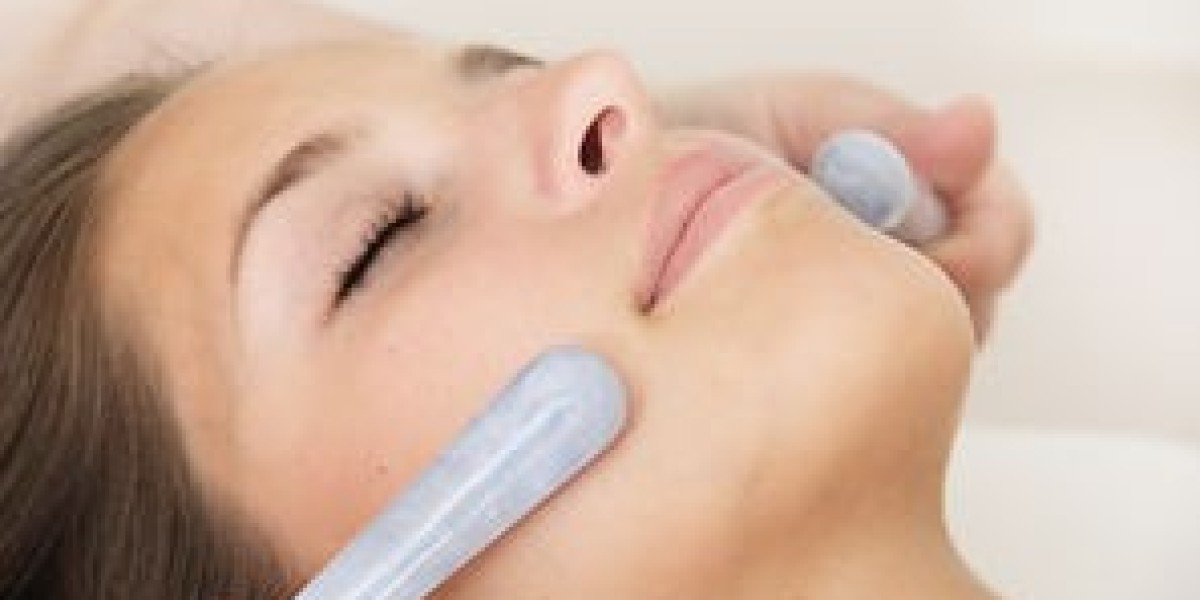Acupuncture has emerged as a versatile therapy for a range of health issues, including Temporomandibular Joint (TMJ) disorders and depression. This ancient practice, rooted in Traditional Chinese Medicine (TCM), offers a holistic approach that may help alleviate symptoms and improve overall well-being.

Understanding TMJ Disorders
Temporomandibular Joint (TMJ) disorders are a group of conditions affecting the jaw joint and surrounding muscles. Symptoms can include jaw pain, difficulty chewing, and clicking or popping sounds when moving the jaw. Traditional treatments often involve medications, physical therapy, or dental interventions. However, acupuncture for TMJ has gained attention as an alternative or complementary therapy.
Acupuncture works by inserting thin needles into specific points on the body to stimulate the flow of Qi (energy) and improve blood circulation. This can help reduce inflammation, relieve pain, and promote relaxation of the jaw muscles. Several studies suggest that acupuncture can be effective in managing TMJ symptoms, offering a natural solution for those seeking relief.
Acupuncture Treatment for Depression
Depression is a complex mental health condition characterized by persistent feelings of sadness, hopelessness, and a lack of interest in daily activities. While conventional treatments often include medication and psychotherapy, acupuncture treatment for depression provides a complementary approach that addresses both emotional and physical aspects of the condition.
In TCM, depression is often linked to imbalances in the body's energy system. Acupuncture aims to restore this balance by targeting specific meridian points associated with emotional and mental health. Research indicates that acupuncture can help improve mood, reduce anxiety, and enhance overall emotional well-being. By promoting the release of endorphins and regulating neurotransmitters, acupuncture may offer significant relief for those struggling with depression.
Integrating Acupuncture into Your Wellness Routine
Both TMJ disorders and depression can significantly impact quality of life, and finding effective treatment options is crucial. Acupuncture provides a non-invasive, drug-free alternative that can be used alongside other therapies. For individuals with TMJ issues, acupuncture may offer relief from pain and improve jaw function. For those experiencing depression, acupuncture could complement traditional treatments and contribute to a more balanced emotional state.
Before starting any new treatment, it’s essential to consult with a qualified healthcare provider to ensure it aligns with your overall health plan. A licensed acupuncturist can provide personalized care and create a treatment plan tailored to your specific needs.
Incorporating acupuncture into your health regimen may offer valuable benefits for both TMJ disorders and depression. By leveraging this ancient practice, you can explore a holistic approach to managing your symptoms and enhancing your well-being. For more information on how acupuncture can help you, visit abundantwellnessacupuncture.com. Their experienced practitioners are dedicated to supporting your journey toward optimal health through personalized acupuncture treatments.
For further info, visit our site.









